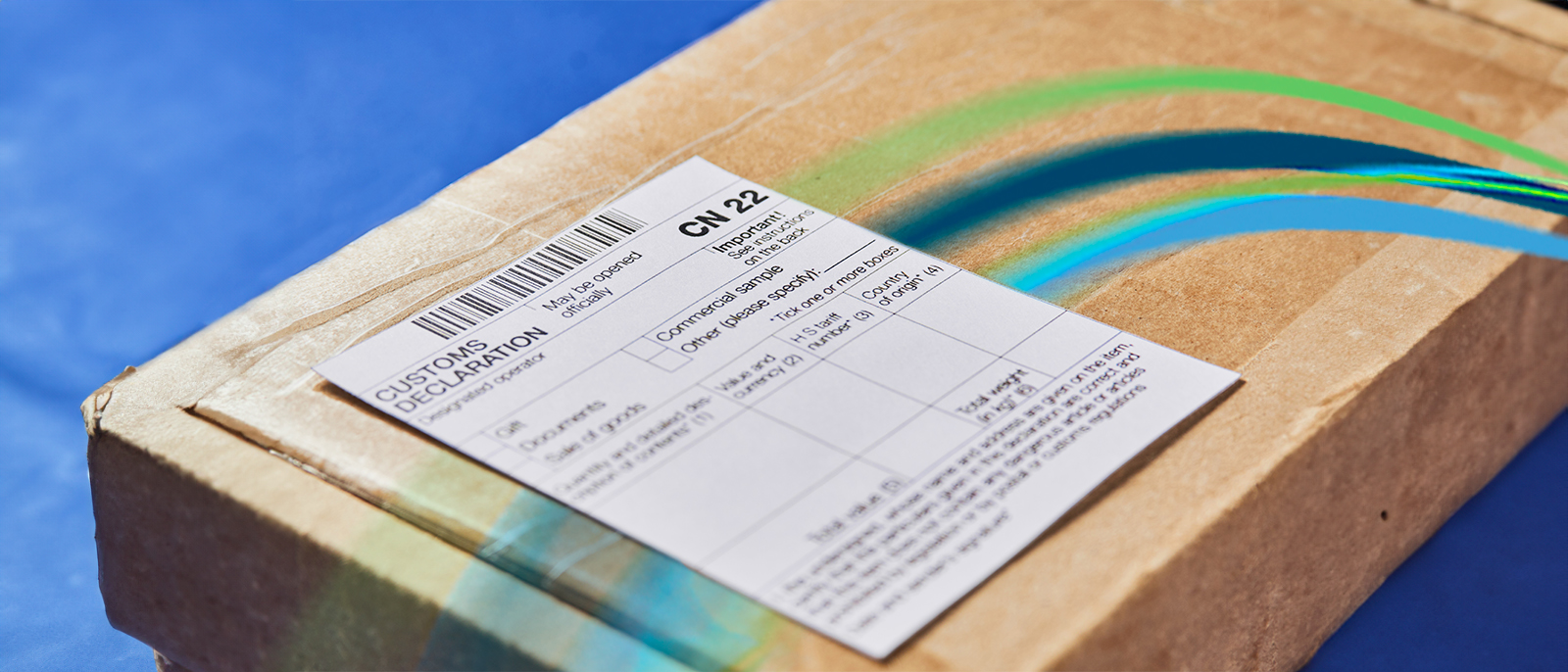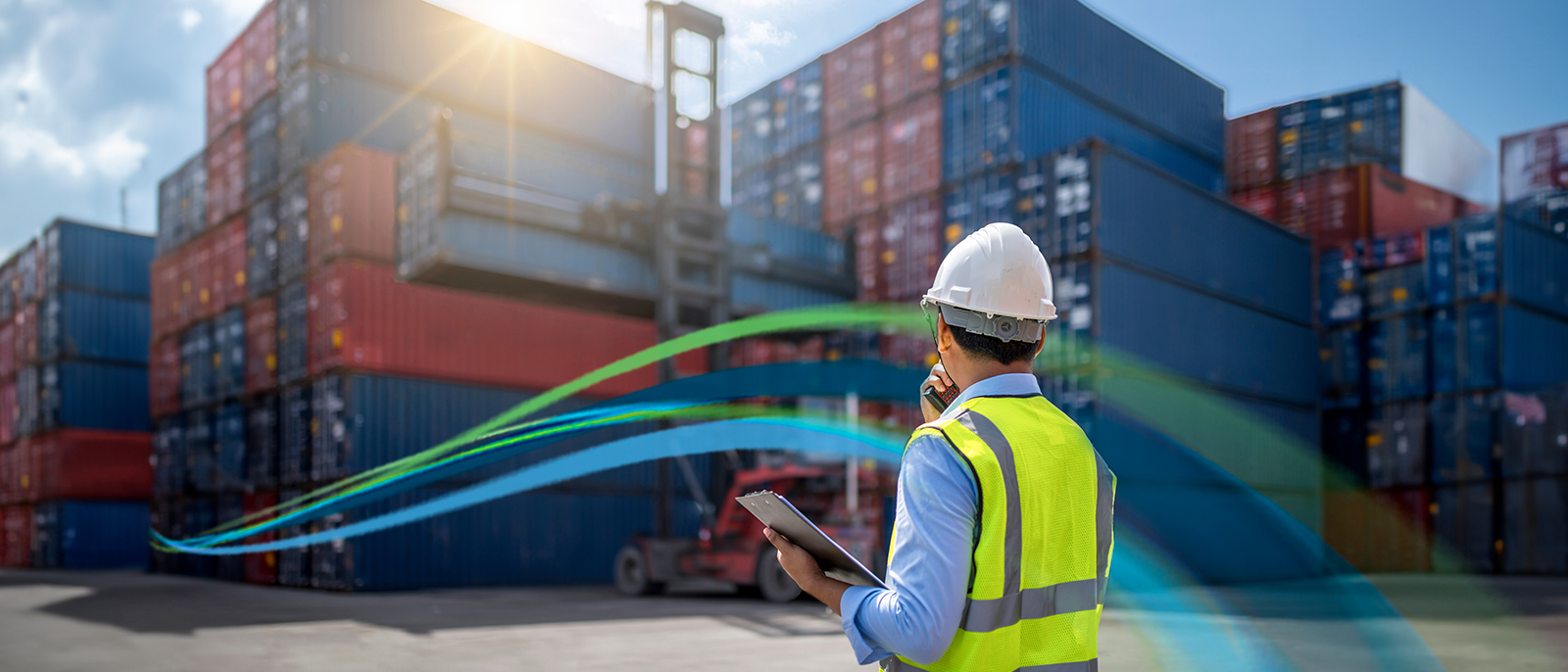
Saving money on Incoterms involves strategically selecting the terms that best align with your logistical capabilities, negotiating effectively with suppliers or buyers, and optimizing your supply chain processes. Here are several strategies to help you save money: 1. Choose the Right Incoterms Evaluate Your Capabilities: Choose Incoterms that match your logistical strengths. If you have a…








